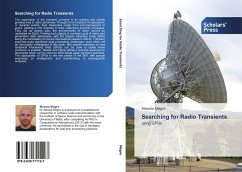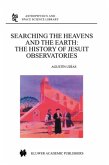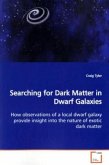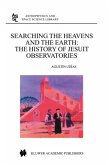The exploration of the transient universe is an exciting and rapidly growing area in radio astronomy. Thought to be locations of cataclysmic or dynamic events, their timescales range from sub-nanosecond to years, yielding a rich diversity in their underlying physical processes. They act as cosmic labs, the environments of which cannot be replicated on Earth. Finding such objects is a primary goal of many next generation radio telescopes, with the Square Kilometer Array (SKA) being the culmination of current international research efforts. Transient searches pose significant data processing challenges, ones which will be thoroughly investigated in this book, with special emphasis on how Graphical Processing Units (GPUs) can be used to tackle these problems. A scalable, flexible and highly efficient real-time back-end is developed which can be used for blind single pulse transient searches. The applicability of GPUs to the first phase of the SKA, with special emphases on dedispersion and beamforming, is subsequently analysed.
Bitte wählen Sie Ihr Anliegen aus.
Rechnungen
Retourenschein anfordern
Bestellstatus
Storno








